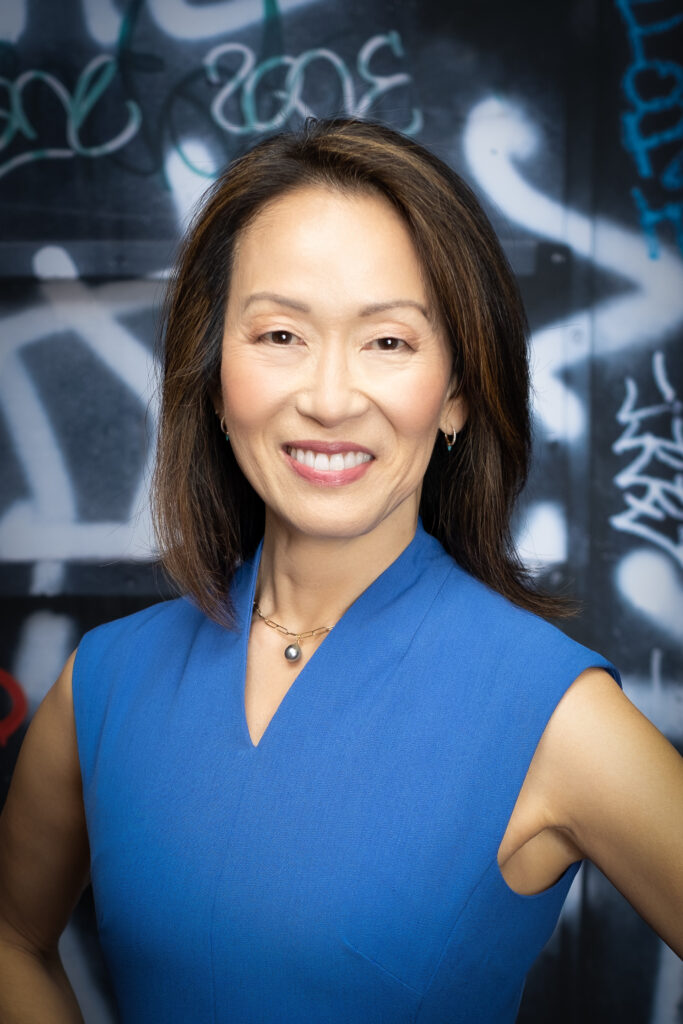If you’ve noticed a surge in menopause headlines in recent months, you’re catching on to the growing recognition that there’s a care vacuum in midlife and beyond – and that workplaces can be part of a major shift. While the hormonal transition from perimenopause to post-menopause is ubiquitous to women and people with ovaries, the menopause factor hasn’t made it to much of today’s delivery system. Plain and simple, most physicians aren’t trained to manage menopause and corporate menopause benefits are lacking. Those experiencing it feel unseen, and unprepared to navigate the long road ahead.
An estimated 6,000 women reach menopause every day in the U.S. alone. What’s more, with increasing life spans, 30-40% of women’s lives are spent in the various phases of menopause. Wide-ranging symptoms due to the decline of reproductive hormones often begin during perimenopause in the 40’s – smack in the middle of critical stages of career, health transition and potentially family building. Surgery, chronic conditions, racial disparities and genetic factors can also trigger symptoms much earlier. This creates a striking need for specialized care and an individualized approach that’s largely missing in our current healthcare system.
New York Time Pulitzer Prize winning journalist Susan Dominus puts it best in an episode of The Daily: “At a time when we have the right to feel seasoned, women are thrust into the role of newbie, or worse, medical detective, in charge of solving our own problems.”
Menopause care has some catching up to do
Cultural baggage, ageism and a history of taboo are among the many reasons for the lack of public knowledge regarding women’s health in midlife. Without trusted information, symptoms are difficult to isolate, from unexplained weight fluctuations, to heightened anxiety, insomnia, brain fog, fatigue, joint pain and more. Menopausal symptoms span far beyond hot flashes, and hormonal changes influence a wide variety of risk factors for chronic conditions. When you consider the multitude of rabbit holes these symptoms can send employees down in polyshopping for the wrong care, you can see why a shocking 75% of women aged 40 to 65 aren’t getting the right treatment for their needs.
The issue is magnified by the lack of available trained experts. In the United States, less than half of counties have general OB-GYN coverage. That itself is an alarming statistic, but the problem becomes worse when recognizing that only 6.8% of primary care residents (including OBGYN, internal medicine and family medicine) report feeling adequately trained to manage menopause, according to a Mayo Clinic survey.
The result? Employees are going to great lengths for relief. From unnecessary specialist visits and medications to expensive boutique care, the cost of not being seen is massive. For employers, healthcare expenses are 47% higher for women experiencing menopause, and the impact on productivity and direct medical costs are estimated at $26.6 billion annually in the U.S.
Finally, menopause benefits at work are here
On the heels of the Great Resignation, employers stand at a moment to have a real influence in bringing respectful journeys to what’s long been a silent struggle. At Progyny, we see the menopause factor as a critical piece of the puzzle when it comes to inclusive, outcomes-focused care. By bringing together 50-state access to a specialized menopause network, including leading providers Midi Health and Gennev, we create availability of the right expertise, at the right time with the latest in evidence-based treatment. Menopause care is interdisciplinary, and includes supporting nutrition, sleep, mental health, pain, hormone and non-hormone medications and supplements, screenings for conditions such as diabetes, cancer, heart disease, stroke and osteoporosis, in addition to lifestyle changes to support quality of life. Severity of symptoms and impact of hormonal decline on health will be unique to the individual, and proactively connecting the dots with integrative care is key. What’s more, the impact of feeling heard from an expert in days, not months, is invaluable to validate what’s long been dismissed in the history of women’s health.
It’s time to not just bring “the menopause talk” to the workplace but help a major portion of the workforce understand how they can, with the right team of expert support — understand, manage and celebrate a key transition of their life.

Dr. Janet Choi is a highly ranked board-certified REI, bringing over two decades of clinical expertise in fertility and family building. Dr. Choi has published and lectured extensively on infertility, onco-fertility, and fertility preservation. She is a member of ASRM, ACOG, and the NY Obstetrical Society. She earned her medical degree and completed her residency at Columbia University and completed her REI fellowship at Weill Cornell Medical College.
